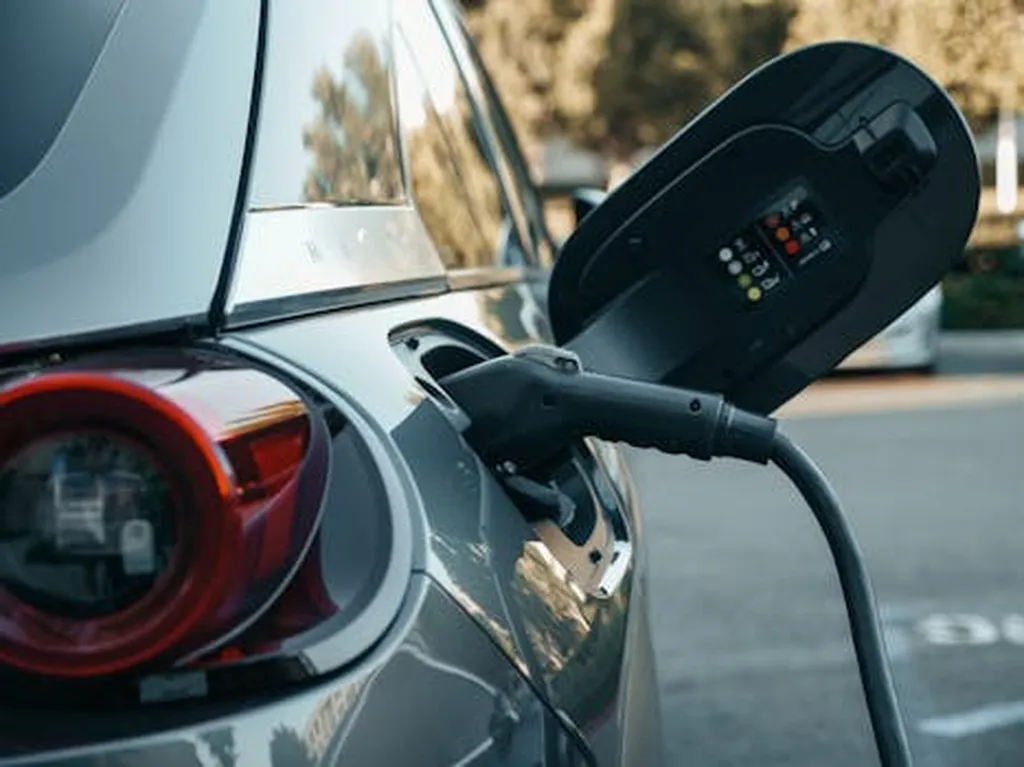In the wake of the global coronavirus pandemic, the electric vehicle (EV) market has faced significant challenges, yet the future remains bright, according to a recent study published in the journal “Discover Materials” (translated from the original title in another language). The research, led by Namratha Bhandari from the Department of Chemistry at Yenepoya (Deemed to be University), delves into the advancements of lithium-ion batteries and their pivotal role in shaping the sustainability and market impact of EVs.
Lithium-ion batteries have long been celebrated for their high energy density, long lifespan, and efficiency, making them a cornerstone of the EV industry. However, their widespread use also raises concerns about waste management and environmental impact. Bhandari’s research highlights the importance of policies that promote recycling and support research into new technologies to address these issues.
“Policies can play a crucial role in managing waste by promoting recycling and supporting research into new technologies,” Bhandari stated. This emphasis on sustainability is not just an environmental imperative but also a commercial one, as the energy sector increasingly seeks to reduce emissions and promote energy efficiency.
One of the most intriguing aspects of Bhandari’s research is the exploration of metal-organic frameworks (MOFs) as electrodes. MOFs are highly porous materials that can significantly enhance the performance of lithium-ion batteries. By providing guidance on sustainable energy solutions, this research could pave the way for more efficient and environmentally friendly batteries.
The commercial impact of these advancements cannot be overstated. As the EV market continues to grow, the demand for high-performance, sustainable batteries will only increase. Companies that invest in these technologies and adhere to supportive policies will be well-positioned to lead the market.
Bhandari’s research also underscores the importance of material choices and recycling strategies. By optimizing these aspects, the energy sector can reduce its environmental footprint while maintaining the high performance standards that consumers expect.
In conclusion, the study published in “Discover Materials” offers a comprehensive look at the current state and future potential of lithium-ion batteries. As the EV market recovers from the pandemic, the insights provided by Bhandari and her team will be invaluable in guiding the industry towards a more sustainable and efficient future. The research not only highlights the technical advancements but also the policy frameworks needed to support these innovations, making it a crucial read for professionals in the energy sector.

